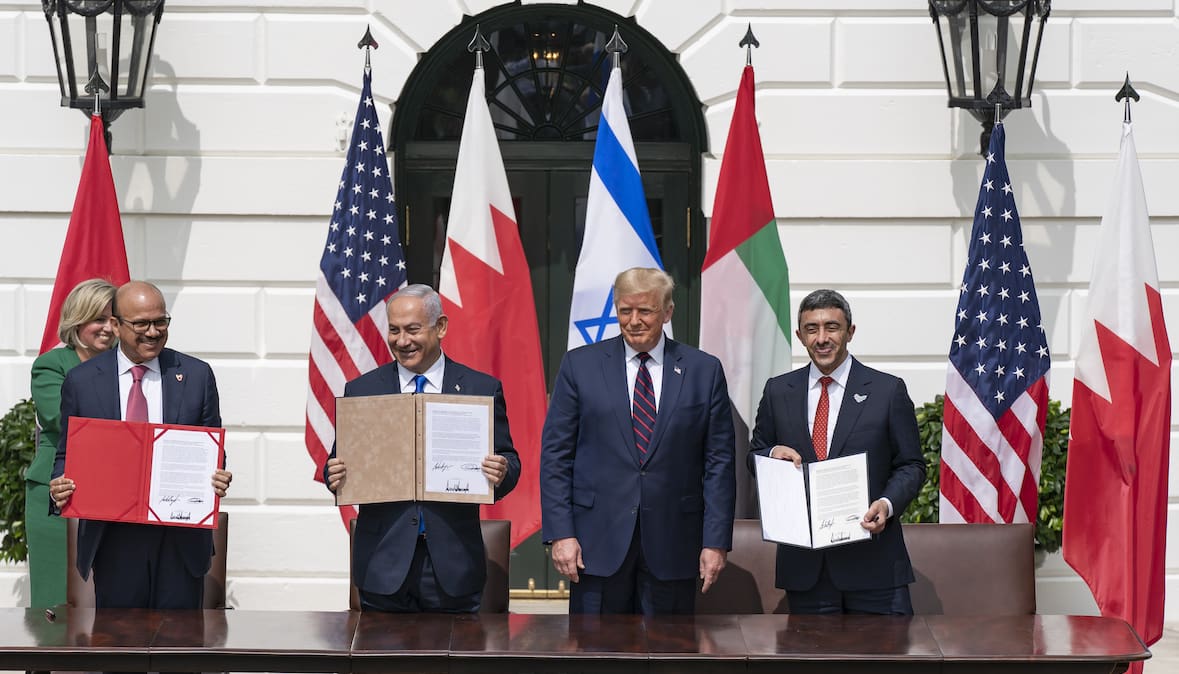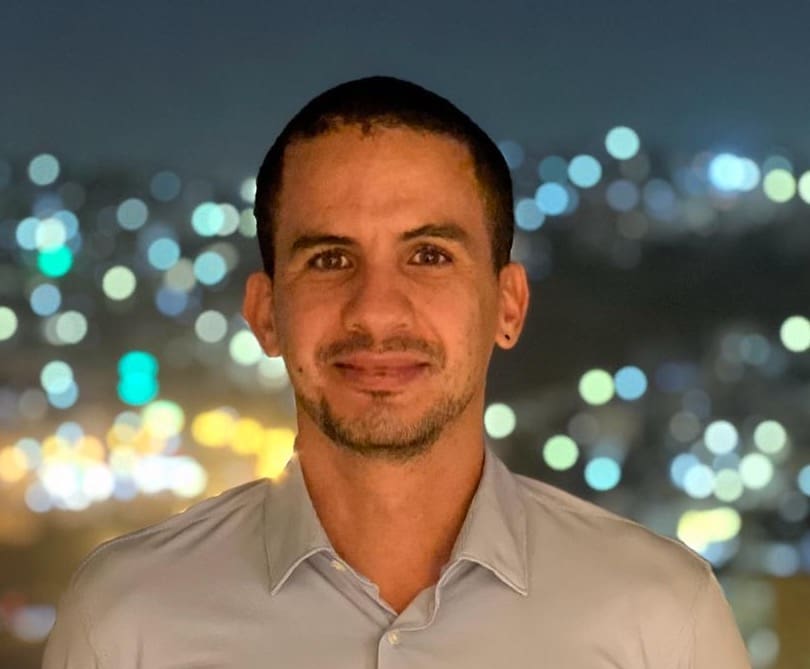
With the recent US congressional push for normalization deals between Arab states and the Israeli regime under the Abraham Accords, the voices of US and Arab dissenters from the streets of San Francisco, Washington, DC, Manama, Dubai, and beyond, have been largely silenced in mainstream media outlets. What do these deals signify for the Arab residents of normalizing states? How can their voices be amplified within the context of increasingly authoritarian rule? What does a transnational anti-normalization campaign from the halls of the US Congress to the streets of Manama look like?
To reflect on these questions and more, Al-Shabaka’s Commissioning Editor, Nadim Bawalsa, is joined by anti-normalization activists, Nadya Tannous and Sumaya Almajdoub, in the latest installment of Al-Shabaka’s policy lab series.













